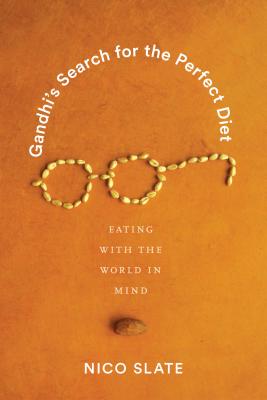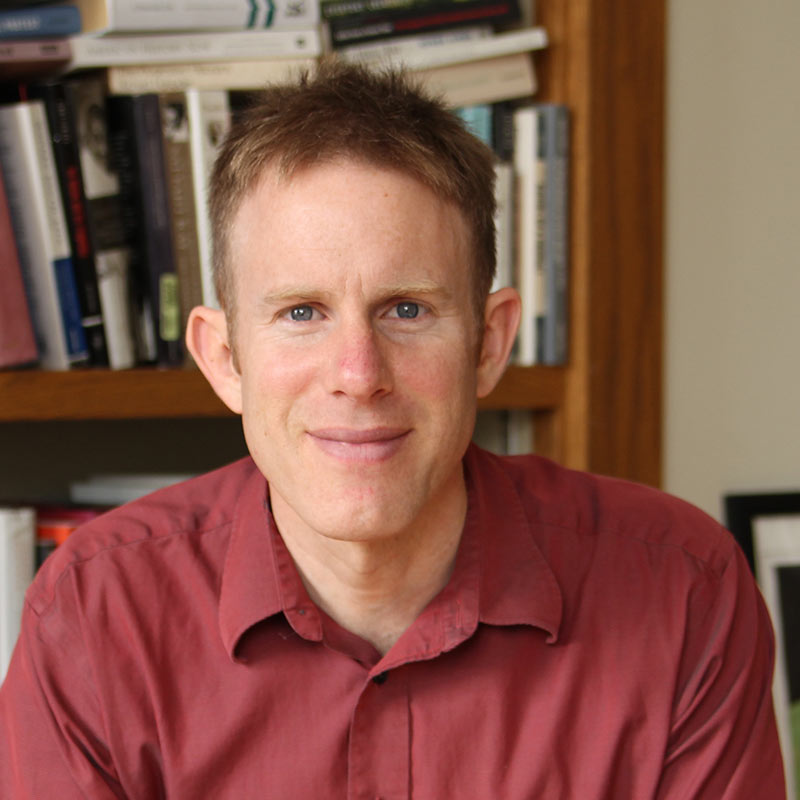

 University of Washington Press
University of Washington Press
Gandhi's Search for the Perfect Diet: Eating with the World in Mind


Key Metrics
- Nico Slate
- University of Washington Press
- Hardcover
- 9780295744957
- 9.1 X 6.3 X 1.1 inches
- 1.15 pounds
- Social Science > Agriculture & Food (see also Political Science - Public Policy - Agricultur
- English
 Secure Transaction
Secure TransactionBook Description
Mahatma Gandhi redefined nutrition as fundamental to building a more just world. What he chose to eat was intimately tied to his beliefs, and his key values of nonviolence, religious tolerance, and rural sustainability developed in tandem with his dietary experiments. His repudiation of sugar, chocolate, and salt expressed his active resistance to economies based on slavery, indentured labor, and imperialism.
Gandhi's Search for the Perfect Diet sheds new light on important periods in Gandhi's life as they relate to his developing food ethic: his student years in London, his politicization as a young lawyer in South Africa, the 1930 Salt March challenging British colonialism, and his fasting as a means of self-purification and social protest during India's struggle for independence. What became the pillars of Gandhi's diet--vegetarianism, limiting salt and sweets, avoiding processed food, and fasting--anticipated many twenty-first-century food debates and the need to build healthier and more equitable global food systems.
Author Bio
Nico Slate’s research and teaching focus on the history of social movements in the United States and India. He is the author of four books: Lord Cornwallis Is Dead: The Struggle for Democracy in the United States and India (Harvard University Press in 2019); Gandhi’s Search for the Perfect Diet: Eating with the World in Mind (University of Washington Press, 2019); The Prism of Race: W.E.B. Du Bois, Langston Hughes, Paul Robeson and the Colored World of Cedric Dover (Palgrave Macmillan, 2014); and Colored Cosmopolitanism: The Shared Struggle for Freedom in the United States and India (Harvard University Press, 2012). He is also the editor of Black Power Beyond Borders (Palgrave MacMillan, 2013), a volume that tracks the global dimensions of the Black Power movement.
Dr. Slate is currently at work on two books: a study of race in Los Angeles after 1965 and a history of truth and power in the American civil rights movement. In his research and teaching, he loves asking questions like the following: What’s the relationship between truth and power? How can the history of democracy contribute to the future of democracy? How do social movements learn? And how do they teach? Why is there so much racism, xenophobia, and intolerance in our world and what can we do about it? How do universities contribute to inequality? How can they reduce inequality?
Dr. Slate is the founder and director of the Bajaj Rural Development Lab and SocialChange101.org. Born in Los Angeles and raised in California's Mojave Desert, he earned degrees in Earth Systems and the Interdisciplinary Studies in the Humanities from Stanford University and in Environmental Change and Management from Oxford University before completing his Ph.D. in History at Harvard University.
Source: Carnegie Mellon University
Videos
No Videos
Community reviews
Write a ReviewNo Community reviews